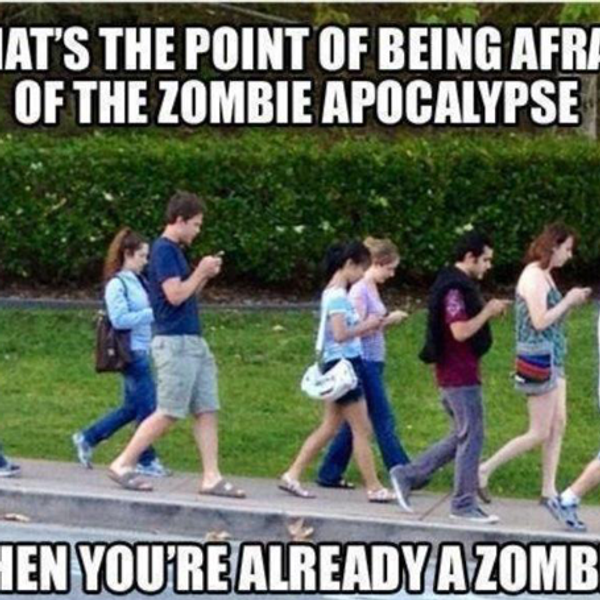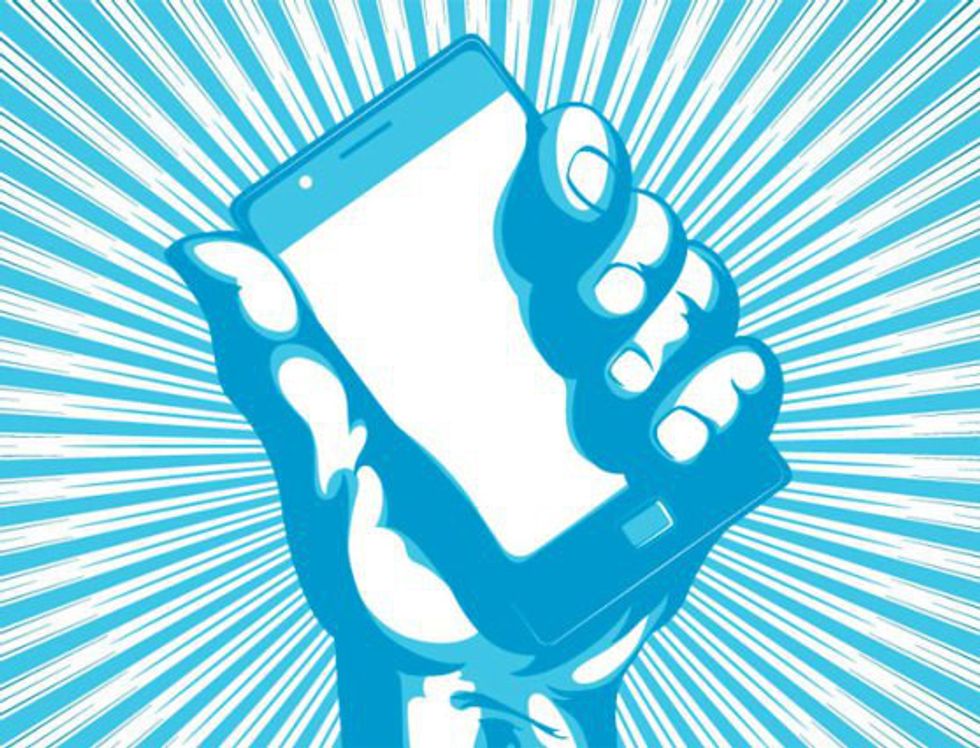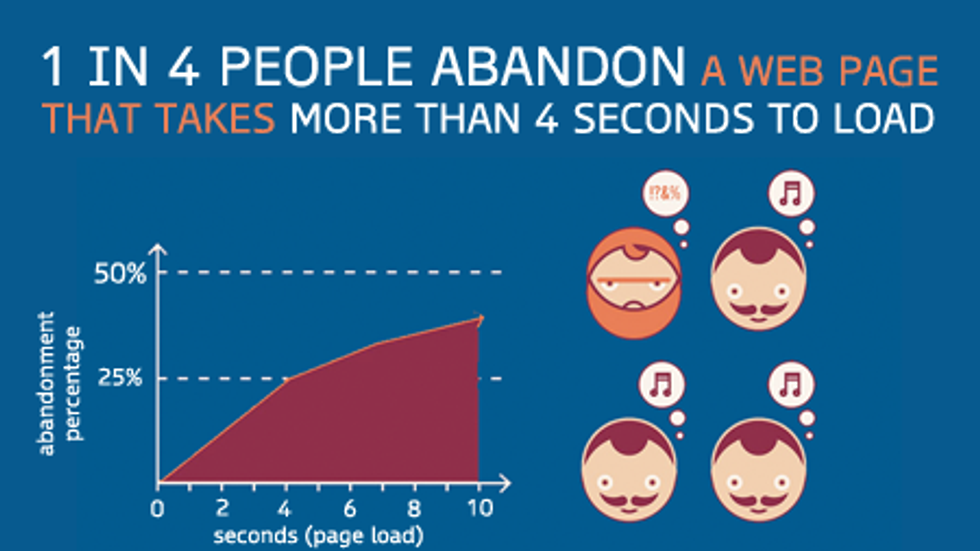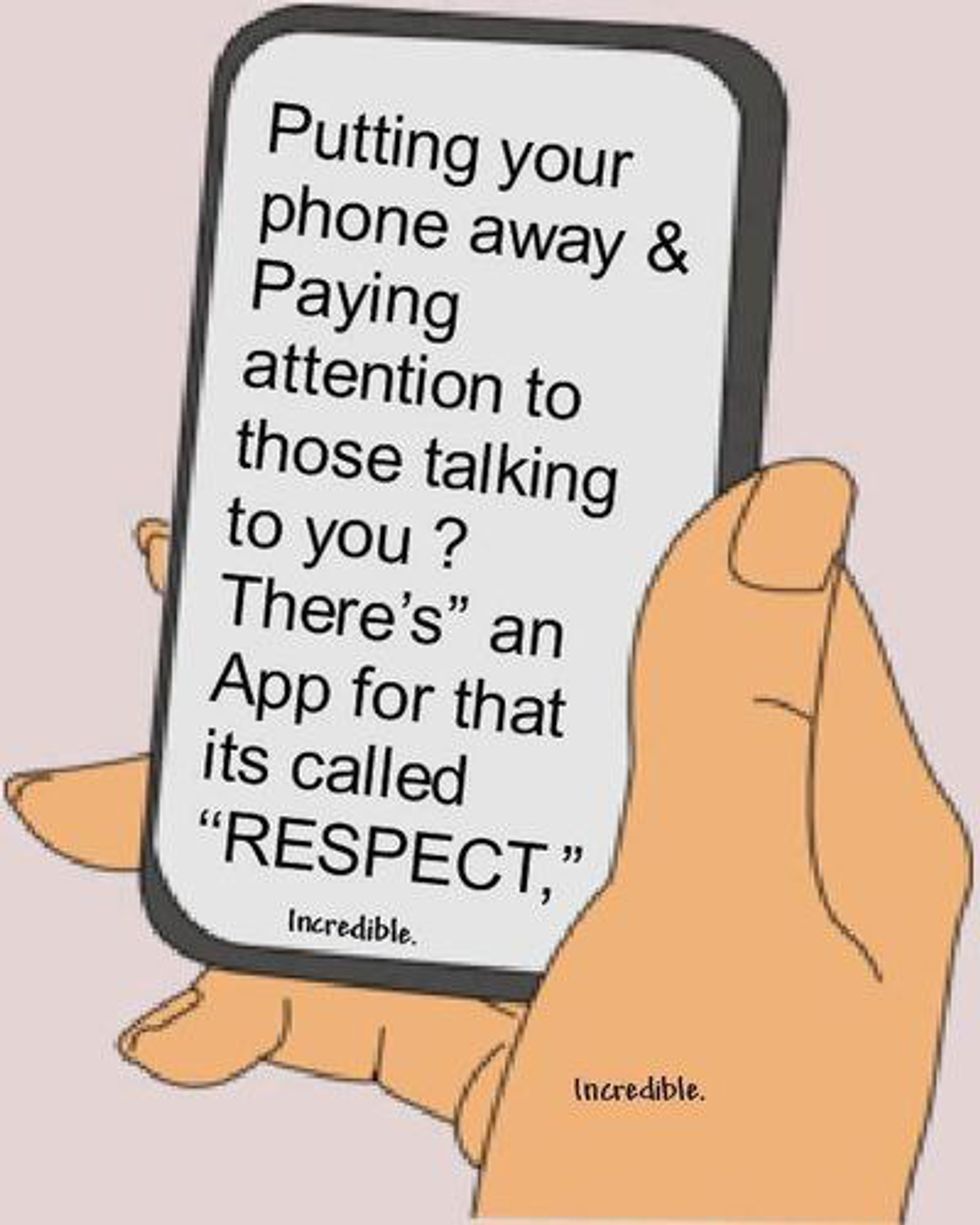Your grandparents, parents, teachers, and scores of pundits have been telling us for years that in the last two decades, we have become immersed in, and addicted to, technology. In fact, older generations have coined a term for students born in the 1980s and 1990s, referring to us as "millennials." Millennials grew up with sophisticated cell phones, computers and video games, and the ubiquitous Internet. Since the iPhone era began, it seems that college and high school students, even middle school students, are obsessed with applications such as Facebook, Twitter, and Instagram. Social media is now at the tips of our fingers, making it much easier to access pictures, Buzzfeed articles, and people at any point in time. There is rarely a second where we are not consumed by a screen.
For a good portion of our day, we are either texting our friends or documenting our lives over all forms of social media. We feel entitled to Netflix breaks and get angry when we can't find a source for our paper immediately on the Internet. The constant need to check our phones for notifications, the constant need to stay in touch with the technological world, is a concept known as instant gratification, that is, we as millennials are constantly searching for ways that instantly make us feel good. Writer Ronald Alsop observes that "Millennials tend to expect immediate responses to emails and texts and find it unbearable to lose access to the internet’s rich trove of information." In college classrooms and in the workplace, millennials feel entitled to easy access to information, fast responses from teachers, and speedy promotions and salary increases.
In adopting these norms, we seem to have forgotten the importance of living in the moment. Most find greater satisfaction in the number of likes on their most recent Instagram post or views on their SnapChat videos over spending genuine time with their friends. In our alone time, it seems that we feel we cannot be with our own thoughts, and instead, spend a majority of our time losing ourselves in YouTube videos and online shopping. The time has come: we need to look at ourselves in the mirror and touch upon the reality that is not the social media world created for us by technology. Instead, we should be teaching ourselves how to be independent from our phones and how to connect with people and our surroundings in the present.
This is where mindfulness can be helpful. Mindfulness is the idea that a person is present in the moment and completely aware of themselves and their surroundings. Mindfulness means putting down your phone or computer for a short period of time and allowing your mind to be at peace. A form of mindfulness is meditation, a practice that is largely used by people to calm their bodies. Mindfulness can also mean simply taking twenty minutes to an hour out of your day to take a walk or read a book; it is not as hard as one would think. Often, students feel overwhelmed because we never take the time to acknowledge our feelings and come up with possible solutions to solving our problems. Instead, we bury ourselves in our Tumblr blogs and get lost in the sea that is the World Wide Web.
So today, take some time to be with yourself. Turn your phone off, shut down your computer, and do something that involves being in the moment. One option is to take a walk and reflect on your week and think about what you could have done differently. Instead of making a microwaveable meal, take the time to plan out and make dinner. You could even invite some friends over to catch up without each person playing with their phones. It is vital that we live in the now for the sake of our well-being. We don't want to look back on our lives and wish we had spent more time immersing ourselves in reality instead of social media. The more time we spend on our phones means less time we spend developing as adults. As millennials, we need to defy the stereotype created for us and become role models for future generations. If we don't, we could be missing out on a life filled of happiness and adventure.

























